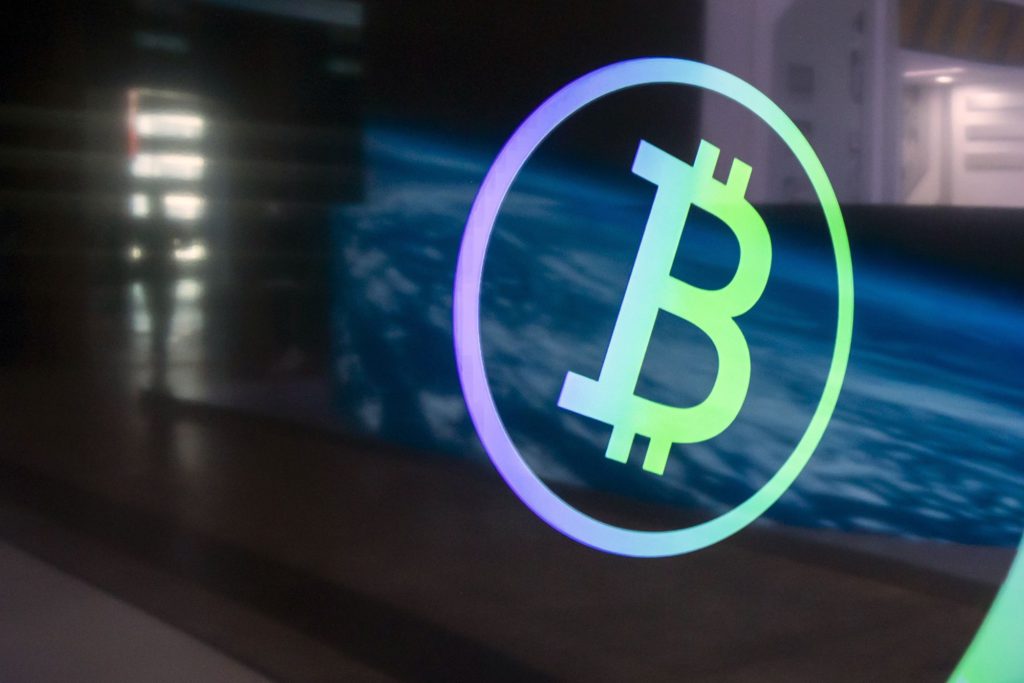(Bloomberg) — The Central African Republic’s move to rush into making Bitcoin a legal tender caught a key stakeholder by surprise: the region’s monetary authority.
On Tuesday, the government announced the country would be the second to adopt Bitcoin as an official currency. The Bank of Central African States, which manages the Central African CFA franc, the regional currency used by six countries, hadn’t been informed, the spokesman for the bank said Friday, without elaborating.
CAR’s opposition parties have also begun to question why one of the poorest, least-connected countries on Earth adopted a currency that consumes huge amounts of electricity and runs up against opposition from the International Monetary Fund and donor countries.
“It will be difficult to implement as CAR doesn’t have the capacity or the knowledge to enforce such a law,” opposition leader and former Prime Minister Anicet-Georges Dologuélé said by phone. “We lack connectivity, expertise, even power is a problem.”
Even in El Salvador — the first nation to adopt Bitcoin as legal tender and where 51% of the population have access to the Internet — few have taken up the cryptocurrency. The Central African Republic’s government said in a statement that it wants to make the transfer of money easier for its citizens, but just 557,000 of its 4.8 million people have access to the Internet and the country does little cross-border trade.
The government said that adopting Bitcoin as a legal tender will spur CAR’s economic recovery and growth, but also help stabilize the country, which has been wracked by a decade-long civil war.
The $2.3 billion economy, which the African Development Bank forecasts will expand 5.1% this year, ranks 188 out of 189 in the United Nations Development Programme’s Human Development Index. The nation has low life expectancy and extreme poverty.
“Our nation must be able to pursue its destiny and join the ranks of those who not only fully understand the importance of Blockchain technology, but are eager to legislate it,” Obed Namsio, the director of the president’s cabinet, said in a statement.
Still, the government may need the central bank’s support to create a Bitcoin wallet.
Regional Discontent
The move fits into regional discontent over former colonial power France’s connection to the CFA franc, which is pegged to the euro. The regional bank must maintain at least 50% of foreign assets with the French Treasury, an arrangement that’s facing growing criticism as a neo-colonial relic.
“They will be subject to a lot of pressure from France,” said Bernard Parah, chief executive officer at Bitnob, a Bitcoin exchange. “I think they’ve been watching the El Salvador experiment and are trying to do something similar, kickstart a poor economy by using Bitcoin to go mainstream and hopefully get investments pouring in.”
But in a nation where just 11% of the population has access to the Internet, it may be tough to get residents to use the cryptocurrency.
“If they want to use it for the average citizen on the ground, with the low Internet penetration that’s probably not going to happen,” said Nevellan Moodley, technology head at BDO Financial Services. “But if you look at the country and where they are, they have nothing really to lose. If they can get this going, this could be a step in the right direction.”
More stories like this are available on bloomberg.com
©2022 Bloomberg L.P.











